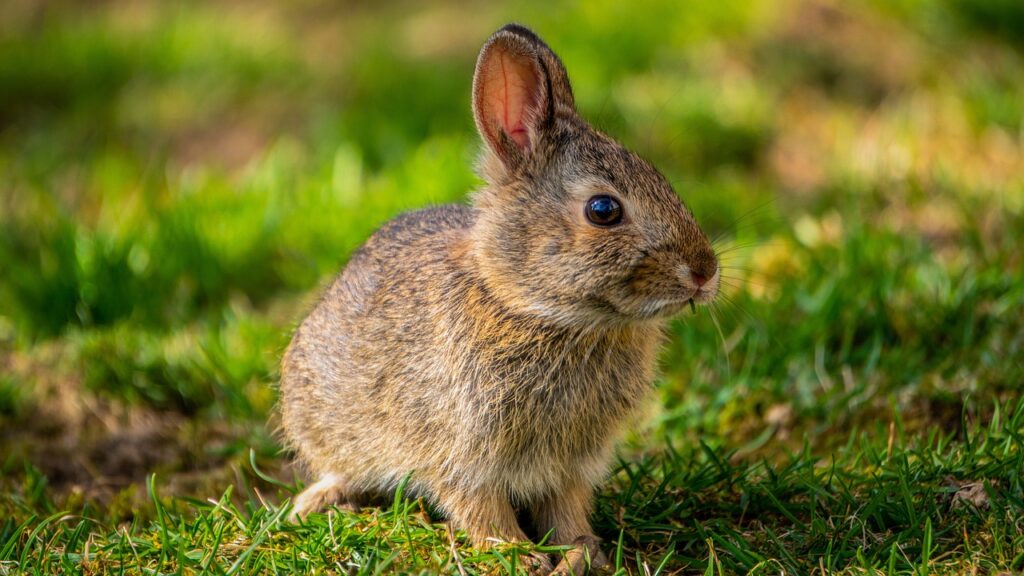Is Asparagus Safe for Rabbits? — Yes, It Is
Asparagus is not only a delicious vegetable for humans, but it can also be a healthy addition to a rabbit’s diet. Rabbits are herbivores and naturally consume a variety of leafy greens and vegetables. Including asparagus in their diet can provide them with additional nutrients and offer a refreshing change to their meals.
Benefits of Feeding Asparagus to Rabbits
Feeding asparagus to rabbits can have several benefits for their health and well-being. Firstly, asparagus is a great source of essential vitamins such as vitamin A, vitamin C, and vitamin K. These vitamins play an important role in maintaining a rabbit’s immune system, promoting healthy growth, and providing antioxidant benefits.
Additionally, asparagus is rich in dietary fiber, which aids in proper digestion and helps prevent gastrointestinal issues such as diarrhea and bloating. The fiber content also contributes to a rabbit’s dental health, as it promotes natural wear of their continuously growing teeth.
Moreover, asparagus contains minerals like potassium, folate, and iron, which contribute to a rabbit’s overall nutritional needs. These minerals support bone health, red blood cell production, and help maintain a healthy metabolism.
How Often Should Rabbits Have Asparagus?
While asparagus can be a healthy addition to a rabbit’s diet, moderation is key. It is recommended to offer asparagus to rabbits in small amounts, as a part of a balanced diet. As a general guideline, rabbits can have a few small asparagus spears, around 1–2 inches in length, once or twice a week. The rest of their diet should consist of hay, fresh leafy greens, and a limited amount of rabbit pellets.
Points of Caution When Offering Asparagus to Rabbits
Although asparagus is generally safe for rabbits, there are some considerations to keep in mind. Firstly, it is important to introduce new foods slowly and in small quantities to prevent digestive upset. If your rabbit has not had asparagus before, start by offering a small portion and observe their reaction and digestion.
Another aspect to consider is the freshness and quality of the asparagus. Only offer fresh asparagus that is pesticide-free. Wash the spears thoroughly before serving and remove any tough or fibrous parts to prevent choking or digestive issues.
Lastly, it is crucial to avoid feeding rabbits cooked asparagus or any other cooked vegetables. Raw vegetables retain their nutritional value and provide the necessary roughage for a rabbit’s digestive system to function properly.
Conclusion
In conclusion, asparagus can be a safe and nutritious addition to a rabbit’s diet. It provides essential vitamins, minerals, and dietary fiber that contribute to their overall health and well-being. However, it is important to offer asparagus in moderation, introduce it gradually, and ensure its freshness. As responsible pet owners, we should always strive for a balanced and varied diet for our beloved rabbits, ensuring they receive the necessary nutrients for a happy and healthy life.





